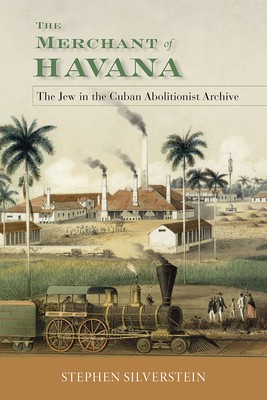
- We will send in 10–14 business days.
- Author: Stephen Silverstein
- Publisher: Vanderbilt University Press
- ISBN-10: 0826521096
- ISBN-13: 9780826521095
- Format: 14.7 x 23.1 x 2 cm, kieti viršeliai
- Language: English
- SAVE -10% with code: EXTRA
Reviews
Description
LAJSA Book Award Winner, 2017, Latin American Jewish Studies Association As Cuba industrialized in the nineteenth century, an epochal realignment of the social order occurred. In this period of change, two seemingly disparate, yet nevertheless intertwined, ideological forces appeared: anti-Semitism and abolitionism. As the antislavery movement became organized in Cuba, the argument grew that Jews participated in the African slave trade and in New World slavery, and that this participation gave Jews extraordinary influence in the new Cuban economy and culture. What was remarkable about this anti-Semitism was the decidedly small Jewish population on the island in this era. This form of anti-Semitism, Silverstein reveals, sprang almost exclusively from mythological beliefs.EXTRA 10 % discount with code: EXTRA
The promotion ends in 22d.02:16:25
The discount code is valid when purchasing from 10 €. Discounts do not stack.
- Author: Stephen Silverstein
- Publisher: Vanderbilt University Press
- ISBN-10: 0826521096
- ISBN-13: 9780826521095
- Format: 14.7 x 23.1 x 2 cm, kieti viršeliai
- Language: English English


Reviews